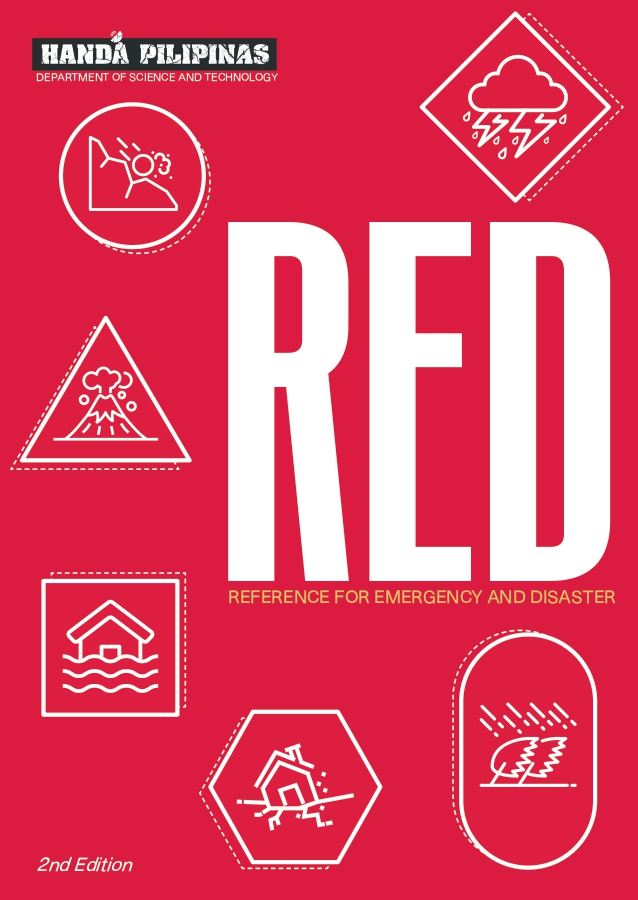Now on its third year in the Philippines, the ASEAN Science Film Festival (ScFF) continues to put across important messages to appeal to a broader audience through film. The 2012 ScFF has the theme “Water for Life” in keeping with the United Nation’s (UN) International Decade for Action Water (2005-2015). The festival also aims to preview 2013 as UN’s International Year of Water Cooperation.
Running from the third to fourth week of November, the ScFF comprises over a hundred award-winning documentaries, features, and awe-inspiring investigative reports from around the world that aim to make an impression to audiences of different ages. They tackle different topics in ecology, earth science, environment protection, water-related science and technologies, family edutainment, and important contemporary concerns like climate change.
The showing of the 2012 ScFF in the country is through the cooperation of the Science Education Institute of the Department of Science and Technology (DOST-SEI), the Goethe-Institut Philippinen, the Department of Education (DepEd), ABS-CBN Foundation, Inc., the United Nations Educational, Scientific and Cultural Organization (UNESCO), and other partners.
According to German Ambassador to the Philippines Dr. Joachim Heidorn, the 2012 ScFF “supports children’s interest in dealing with scientific and environmental problems and encourage them to find means to address the ecological issues of the country.”
Meanwhile, the United Nations estimates that nearly two in 10 people have no source of safe drinking water while millions die—mostly children under five—from diseases associated with inadequate water supply, sanitation, and hygiene.
Also, according to oceanographer Dr. Laura T. David of the UP Marine Science Institute, water resources in the Philippines are being stretched to the limit through overfishing, destructive fishing, coastal development, pollution, sedimentation, and climate change.
“We support the 2012 ScFF as it contributes in making Filipinos aware and knowledgeable on the proper use and sustainable management of our water resources. The Philippines houses a big portion of the Coral Triangle, has rich water resources, and shall benefit greatly from an educated citizenry,” added DOST-SEI Director Dr. Filma Brawner.
The 2012 ScFF runs in nine venues across Metro Manila, namely at the DOST Complex in Taguig City, Manila Ocean Park, The Mind Museum, Museo Pambata, the National Library, Quezon City Science Interactive Center, Philippine Science Centrum, ASEAN Center of Biodiversity, and the Science Discovery Center at the SM Mall of Asia.
An original initiative of Goethe-Institut for the ASEAN Region, the ScFF is also simultaneously held in neighbor countries, namely, Indonesia, Malaysia, Thailand, and Cambodia.

2012 Science Film Festival (ScFF)'s first lucky viewers. If being the first to see a few of the superb films featured in the ASEAN Science Film Festival (ScFF) isn't cool enough, students from the St. Michael Academy of Bulacan also get to have their picture taken beside the organizers after the initial screening at the Mind Museum. Now on its third year in the Philippines, the ScFF aims to open kids' minds—and hopefully adults' as well—to the pressing issues of society and inspire them to think of ways to address these through science. This years' ScFF’s theme is "Water for Life" as it underscores the United Nation's Decade for Water Action (2005-2015). In the photo are officials and representatives from the DOST Science Education Institute, Goethe-Institut, the Embassy of France, Museo Pambata, the National Museum, The Mind Museum, Felta Multimedia, Inc., ABS-CBN Foundation Inc., Quezon City Science Interactive Center, Manila Ocean Park, Nido Fortified Science Discovery Center, Philippine Science Centrum, ASEAN Centre for Biodiversity, and the German Agency for International Cooperation. (Photo by Marco D. Melgar, S&T Media Service, DOST-SEI)










